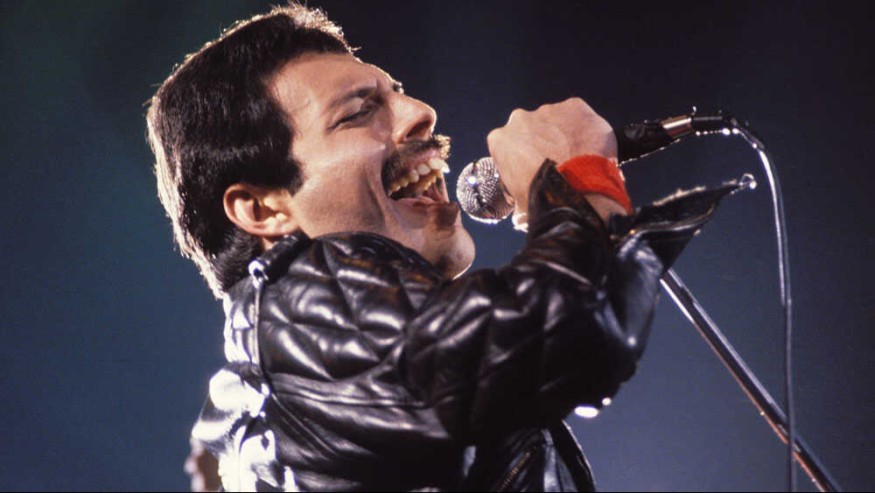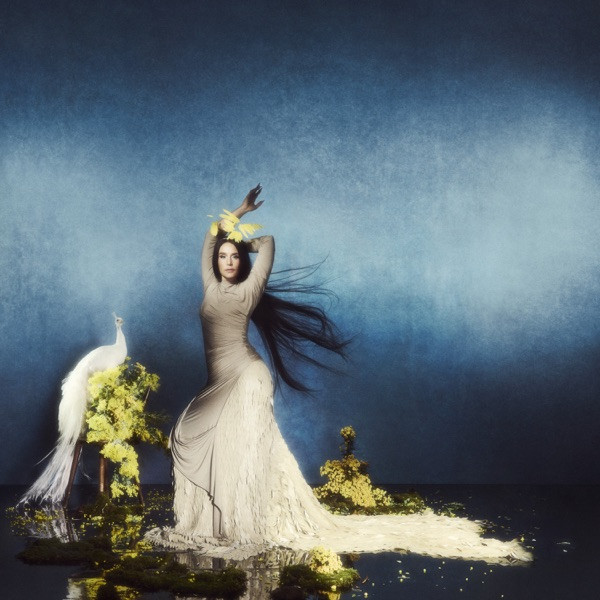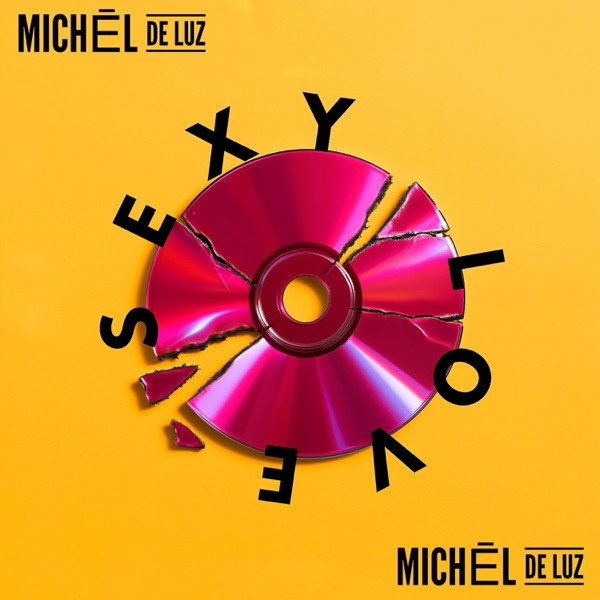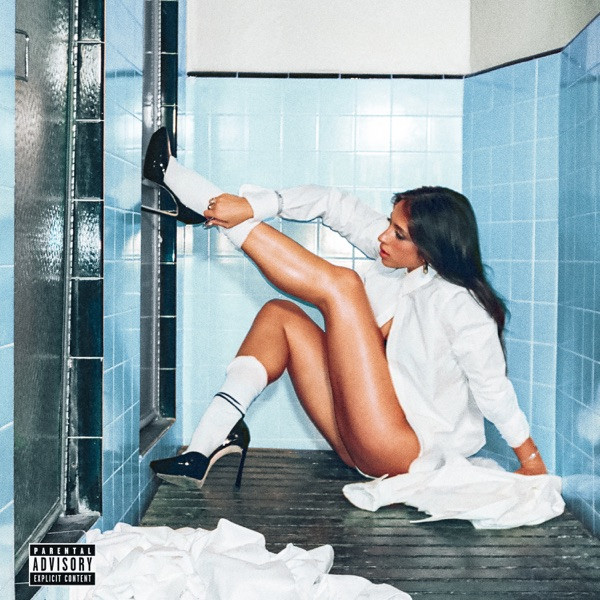
A night of disguise, defiance, and freedom in the heart of 1980s London
Princess Diana once snuck into a gay bar in London with Freddie Mercury, Clio Rocos, and Kenny Everett. That night wasn’t about rebellion or headlines—it was about escaping the weight of royalty, even for a moment. The story lives on not because it shocked the world, but because it captured something everyone can relate to: the deep need to just be yourself, without judgment, cameras, or expectations.
Diana didn’t want to be treated like royalty all the time. She wanted to breathe, laugh, and blend in like everyone else. That night out—undercover, unfiltered, and unexpected—showed the world a version of her we rarely got to see. It was a reminder that even the most famous people crave normalcy. And it’s one of the many reasons she’s remembered not just as a princess, but as a person we genuinely felt we knew.
The story, retold in Dianaworld: An Obsession, centers on a night when Diana traded tiaras for sunglasses and slipped unnoticed into the Royal Vauxhall Tavern, a popular London gay bar. She was with close friends, sipping champagne and watching old TV episodes when the idea came up. Diana wanted in. No hesitation. Kenny warned her the bar was full of loud, wild energy. Diana didn’t care. Freddie Mercury had her back. “Let her have the experience,” he said.
Diana disguised herself in a military jacket, leather cap, tucked-back hair, and dark glasses. When she walked in, no one turned their head. She didn’t stand out. And for her, that was pure magic. She could move freely. She could dance. She could disappear into the music and noise, surrounded by people who didn’t care who she was. They were there for the same reason: joy.
The moment was brief, but powerful. It wasn’t just a wild night. It was a quiet act of reclaiming her humanity. And the next morning, she sent back the clothes she’d borrowed with a handwritten note: “We must do this again.” That one sentence says more than any press release ever could. It was honest. It was real. It was Diana.
People still argue over whether Freddie was really there, or if the night played out exactly as remembered. But the truth doesn’t live in perfect details. It lives in what the story means. For her fans—especially in the queer community—this night became a symbol. Not because it was scandalous, but because it was freeing. Diana didn’t want to be a symbol that night. She just wanted to feel normal. That’s exactly what made her iconic.
She had a long history of seeking those stolen moments of normal life. Sometimes she wore wigs to hide from paparazzi. Other times, she walked the streets with Hasnat Khan, trying to just exist without the pressure of being watched. These were small rebellions, sure—but meaningful ones. They were her way of saying: “I’m still me.”
That authenticity made Diana a queer icon. She didn’t just show up for the LGBTQ+ community in photoshoots or soundbites. She showed up with empathy, with action, with love. She visited patients with HIV when others wouldn’t. She embraced people the world ignored. And she did it because she believed everyone deserved dignity and connection. No costumes. No headlines. Just humanity.
The legend of that night lives on today because it still speaks to something we all want. To be seen—not for our roles, jobs, or status—but for who we really are. The need to feel safe in our skin, to laugh with friends, to let go of control and just enjoy life, even for a little while. Diana gave herself that gift, and in doing so, gave the world one of the most human royal moments ever.
Her story still echoes in pop culture. From fan art and stage shows to music and memes, Diana remains in the conversation. Not just as a style icon or tragic figure, but as a real person who wanted to live life fully. That’s why people still care. That’s why her story matters.
Whether every detail of that night is accurate or not doesn’t really change the impact. The power of it is emotional, not historical. It’s about what it represents: the right to step outside your box and just live. That message hasn’t aged a day.
Diana didn’t need approval to go. She didn’t need protection to laugh. She just needed a jacket, a pair of glasses, and some good friends. And that night—one that no one else in the bar even noticed—became one of the most memorable of her life. That’s what makes it beautiful. That’s what makes it legendary.





